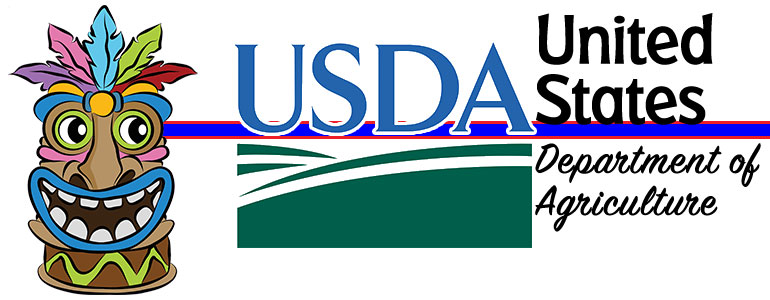
The U.S. Department of Agriculture’s (USDA) Food and Nutrition Service (FNS) announced today that it will interpret the prohibition on discrimination based on sex found in Title IX of the Education Amendments of 1972, and in the Food and Nutrition Act of 2008, as amended, Supplemental Nutrition Assistance Program (SNAP), formerly the Food Stamp Program (7 USC § 2011 et seq.), to include discrimination based on sexual orientation and gender identity. Under the leadership of the Biden-Harris Administration, USDA and FNS are issuing this interpretation to help ensure its programs are open, accessible and help promote food and nutrition security, regardless of demographics.
This action is in line with President Biden’s Executive Order on Preventing and Combatting Discrimination on the Basis of Gender Identity or Sexual Orientation, and is consistent with the Supreme Court’s decision in Bostock v. Clayton County, in which the Court held that the prohibition on sex discrimination under Title VII of the Civil Rights Act of 1964 extends to discrimination based on sexual orientation and gender identity.
This action is also in line with the USDA’s efforts to promote nutrition security, which is the consistent access to safe, healthy, affordable food essential to optimal health and well-being. Nutrition security places an emphasis on advancing equity to ensure all Americans have access to nutritious foods that promote health and well-being regardless of race, ethnicity, identity or background.
“USDA is committed to administering all its programs with equity and fairness, and serving those in need with the highest dignity. A key step in advancing these principles is rooting out discrimination in any form – including discrimination based on sexual orientation and gender identity,” said Secretary of Agriculture Tom Vilsack. “At the same time, we must recognize the vulnerability of the LGBTQI+ communities and provide them with an avenue to grieve any discrimination they face. We hope that by standing firm against these inequities we will help bring about much-needed change.”
As a result, state and local agencies, program operators and sponsors that receive funds from FNS must investigate allegations of discrimination based on gender identity or sexual orientation. Those organizations must also update their non-discrimination policies and signage to include prohibitions against discrimination based on gender identity and sexual orientation.
Nutrition disparities negatively impact health, productivity and overall well-being for too many in the U.S. FNS recognizes that equitable nutrition assistance means that every American – regardless of identity or background – can access the food they need to thrive.
Historically, the LGBTQI+ community has faced striking economic and social disparities, such as higher rates of poverty, unemployment and nutrition insecurity. For example, according to the U.S. Census Bureau’s Household Pulse Survey, more than 13% of LGBTQ respondents lived in a household that experienced food insecurity, compared to 7.2% of non-LGBTQ adult respondents. This survey also found food insufficiency – not always having enough food to eat – to be three times as common among transgender individuals (nearly 24% of respondents) as compared to cisgender individuals (8.3% of respondents).
“Whether you are grocery shopping, standing in line at the school cafeteria, or picking up food from a food bank, you should be able to do so without fear of discrimination,” said Food, Nutrition, and Consumer Services Deputy Under Secretary Stacy Dean. “No one should be denied access to nutritious food simply because of who they are or how they identify.”
Today’s notice further affirms USDA efforts to dismantle barriers that historically underserved communities have faced in accessing its programs and services. This action protects the civil rights of LGBTQI+ people while complementing USDA’s ongoing efforts to advance equity and access in its nutrition programming. For more information on USDA’s equity efforts, visit usda.gov/equity.
USDA’s Non-discrimination Statement can be found at usda.gov/non-discrimination-statement. USDA’s Bostock memo can be found at fns.usda.gov/cr/crd-01-2022.
USDA touches the lives of all Americans each day in so many positive ways. In the Biden-Harris Administration, USDA is transforming America’s food system with a greater focus on more resilient local and regional food production, ensuring access to healthy and nutritious food in all communities, building new markets and streams of income for farmers and producers using climate smart food and forestry practices, making historic investments in infrastructure and clean energy capabilities in rural America, and committing to equity across the Department by removing systemic barriers and building a workforce more representative of America. To learn more, visit www.usda.gov.
